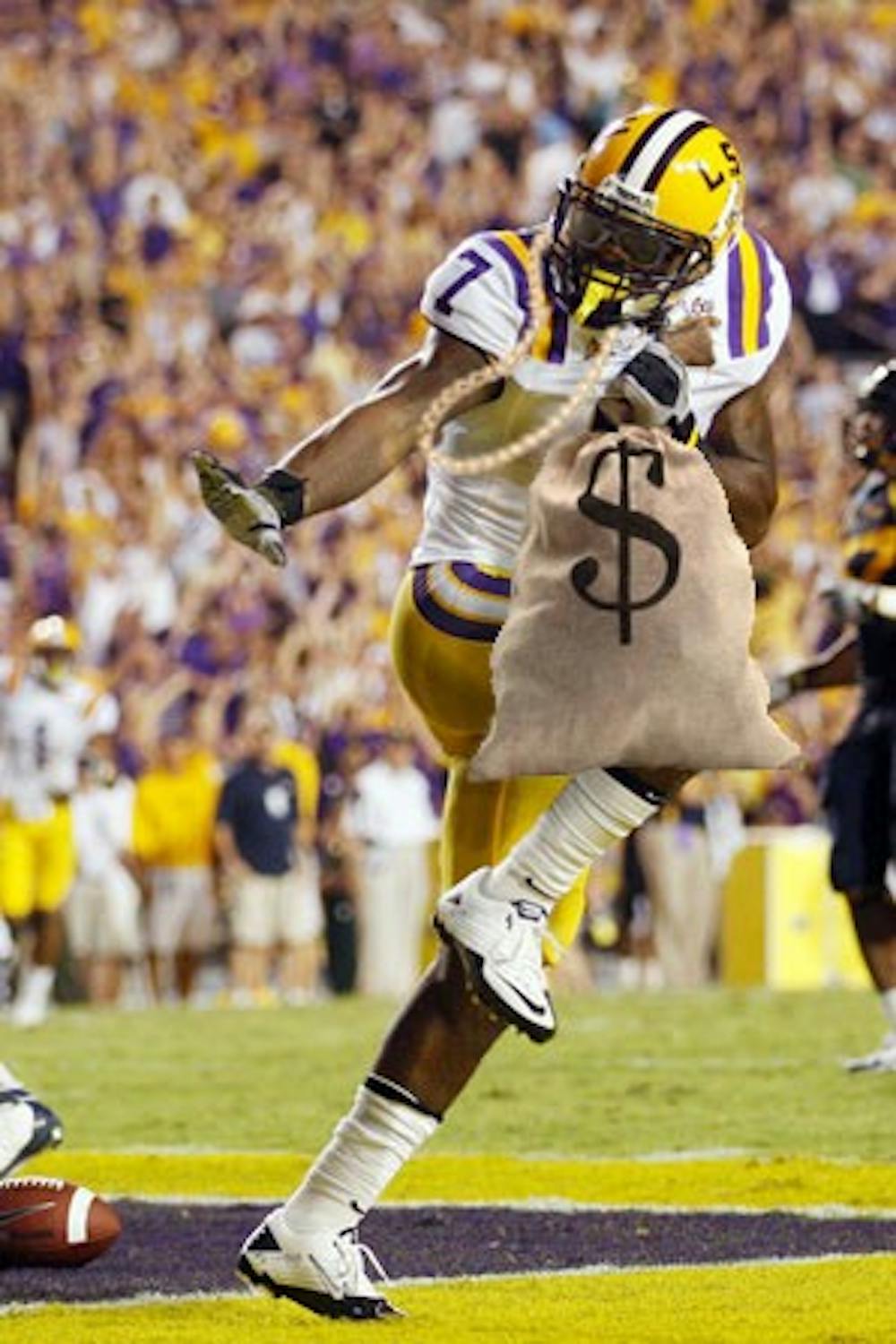I’m not sure why this was even up for discussion. To pay college players for their play? Pointless. Sure, college sports have become part of the entertainment industry—the epic games, icons and merchandise. It’s a commodity. Even so, amateurism will take on a new form of the word in foolishness if this ever happened; it’s a rookie decision. It’s but a mere reaction to the hoopla of the games, that’s it.
To lie this to rest in part, scholarships should entertain the players more than they entertain the fandom. That should be enough. At the end of their college career, the athlete will have to pay back student loans or college fees in general. This is going to have to come out of pocket, so consider scholarship the university paying it off for you. They are giving you money, just accept it.
No need to be greedy. If the athlete makes the professional level—and because it is now their career—then they can be paid. Players need to be able to support themselves and their families on their own with that pay; college kids have not yet cut ties with their parents. This idea is ludicrous in that the money received in college is not as valuable as professionals’ paychecks. This idea is solely the idea of speeding up the opportunity of benefits and making them open to athletes who don’t necessarily need them. This would make for a ton of corruption.
As far as the profit gained from those major games—the televised, packed-house ones—a portion of that money can be used for those scholarships rather than just paying off players. If the majority of that revenue was to come back to the program, it could be used to benefit the players on the team. Where do you think they get their recruitment tools—epic jerseys, Revo, helmets, Nike warm-ups—this list goes on. They get money from the university that trickles back to you. That’s why the players bite in the first place—they like what they see.
It comes back to the players. That money will benefit them through the university so why would the players need individual pay? That’s more money circulation for their own good. It’s also not “cheap labor” given all of the hand-out they have access to—again the warm-up, helmets, training facilities, scholarships…
On a brighter note, the fame, glitz and Benjamin’s are an incentive to produce in college. Most if not all players seek that luxury so they will play not only for their team but to get to that paying stage.
Moreover, let’s say it did happen. That Terrelle Pryor in fact could sell merchandise for tattoos, or the next proclaimed Michael Jordan could receive profit for his jerseys on the racks. Is this how we’d define a college athlete? To see an NCAA athlete for his Rolex more than the times he’s played for his university alone? Money has the potential to corrupt the visions players might have.
Last time I checked, college athletes aren’t only subjected to NCAA licensed teams too. Club sport athletes are athletes.
Club sport athletes have similar if not duplicate attributes to a “college athlete.” Some teams even have more success and skills.
The only reason why these players are not recognized is for their decision to forego the NCAA schedule. There was a convenience and balance in their academics and sport. This means that the team they chose is televised less and receives far less exposure.
The revenue coming from the media they don’t receive is because of the lack of exposure. This is a reason why funding these teams are less efficient. Again, skill level and the difference in sports aren’t considered. If NCAA players were to be paid, then who says club players cannot? Sure, there’s less money to be circulated, but that only re-establishes another reason why NCAA players should not be paid—unequal treatment.
You can’t let college athletes share the spoils if they all don’t have that option. The NCAA is just in its decision to restrict exploitation of its players. Paying their players in anything but educational opportunity is ridiculous. Come on, man! It just does not add up to benefit anything in a logical way.
What’s your opinion? I like to see all sides. E-mail me at bcapria@asu.edu.





